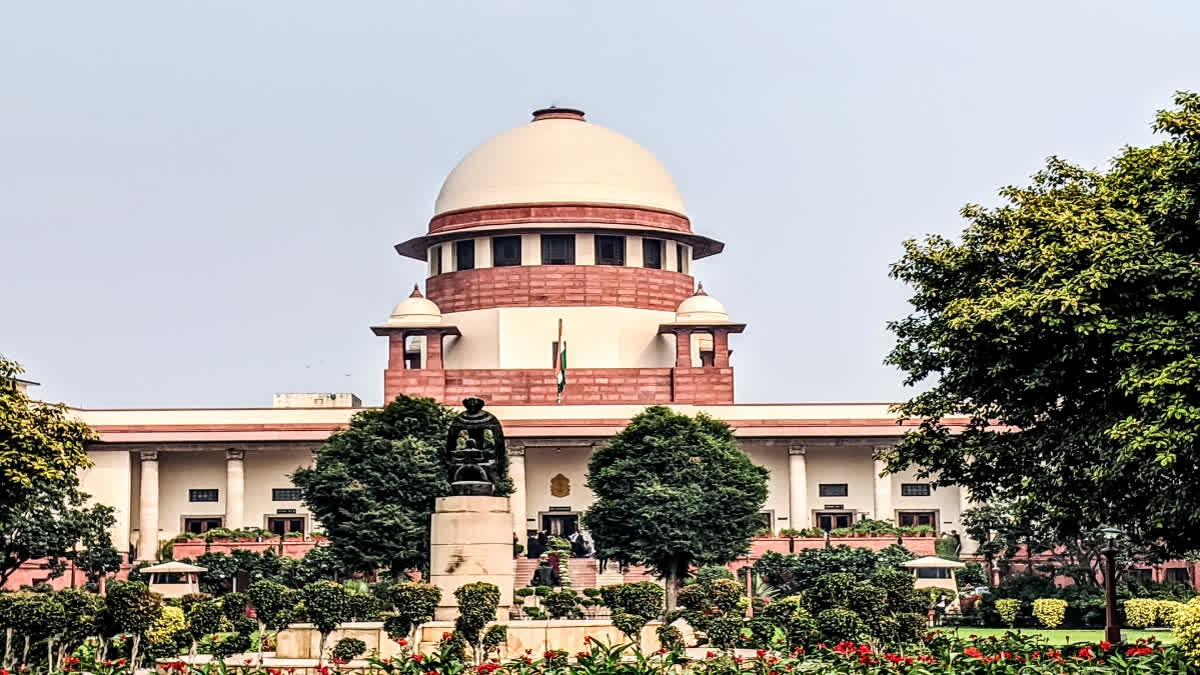New Delhi:The Supreme Court on Friday said every matrimonial conduct, which may cause annoyance to the other, may not amount to cruelty and mere trivial irritations, quarrels between spouses, which happen in day-to-day married life, may also not amount to cruelty.
The top court stressed that the foundation of a sound marriage is tolerance, adjustment, and respecting one another. A bench comprising Justices J B Pardiwala and Manoj Misra said: "Petty quibbles, trifling differences are mundane matters and should not be exaggerated and blown out of proportion to destroy what is said to have been made in the heaven".
Justice Pardiwala, who authored the judgment on behalf of the bench, said the foundation of a sound marriage is tolerance, adjustment, and respecting one another. He said tolerance to each other's fault to a certain bearable extent has to be inherent in every marriage. The apex court made these observations while quashing a dowry-harassment case filed by a woman against her husband.
The bench said many times, the parents including the close relatives of the wife make a mountain out of a mole and instead of making all possible endeavours to save the marriage, their action brings about complete destruction of marriage on trivial issues.
"The first thing that comes in the mind of the wife, her parents and her relatives is the Police, as if the Police is the panacea of all evil. No sooner the matter reaches up to the Police, then even if there are fair chances of reconciliation between the spouses, they would get destroyed", observed the bench.
Justice Pardiwala said a very technical and hyper sensitive approach by courts would prove to be disastrous for the very institution of the marriage and stressed that in matrimonial disputes the main sufferers are the children.
"The spouses fight with such venom in their heart that they do not think even for a second that if the marriage would come to an end, then what will be the effect on their children. Divorce plays a very dubious role so far as the upbringing of the children is concerned," he said.
Justice Pardiwala said the police machinery cannot be utilised for the purpose of holding the husband at ransom so that he could be squeezed by the wife at the instigation of her parents or relatives or friends.
"In all cases, where the wife complains of harassment or ill-treatment, Section 498A of the IPC cannot be applied mechanically. No FIR is complete without Sections 506(2) and 323 of the IPC. Every matrimonial conduct, which may cause annoyance to the other, may not amount to cruelty. Mere trivial irritations, quarrels between spouses, which happen in day-to-day married life, may also not amount to cruelty," he said.
